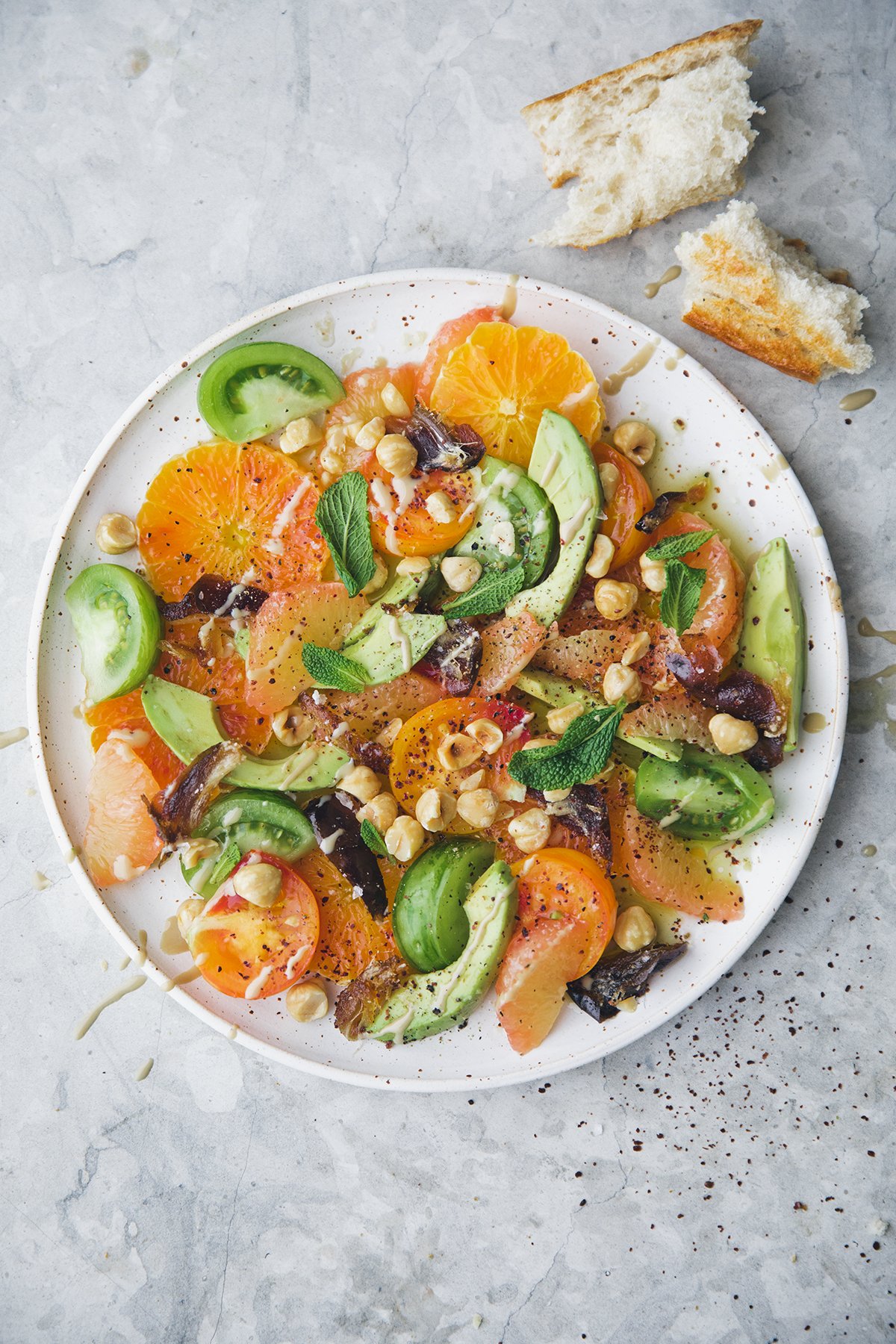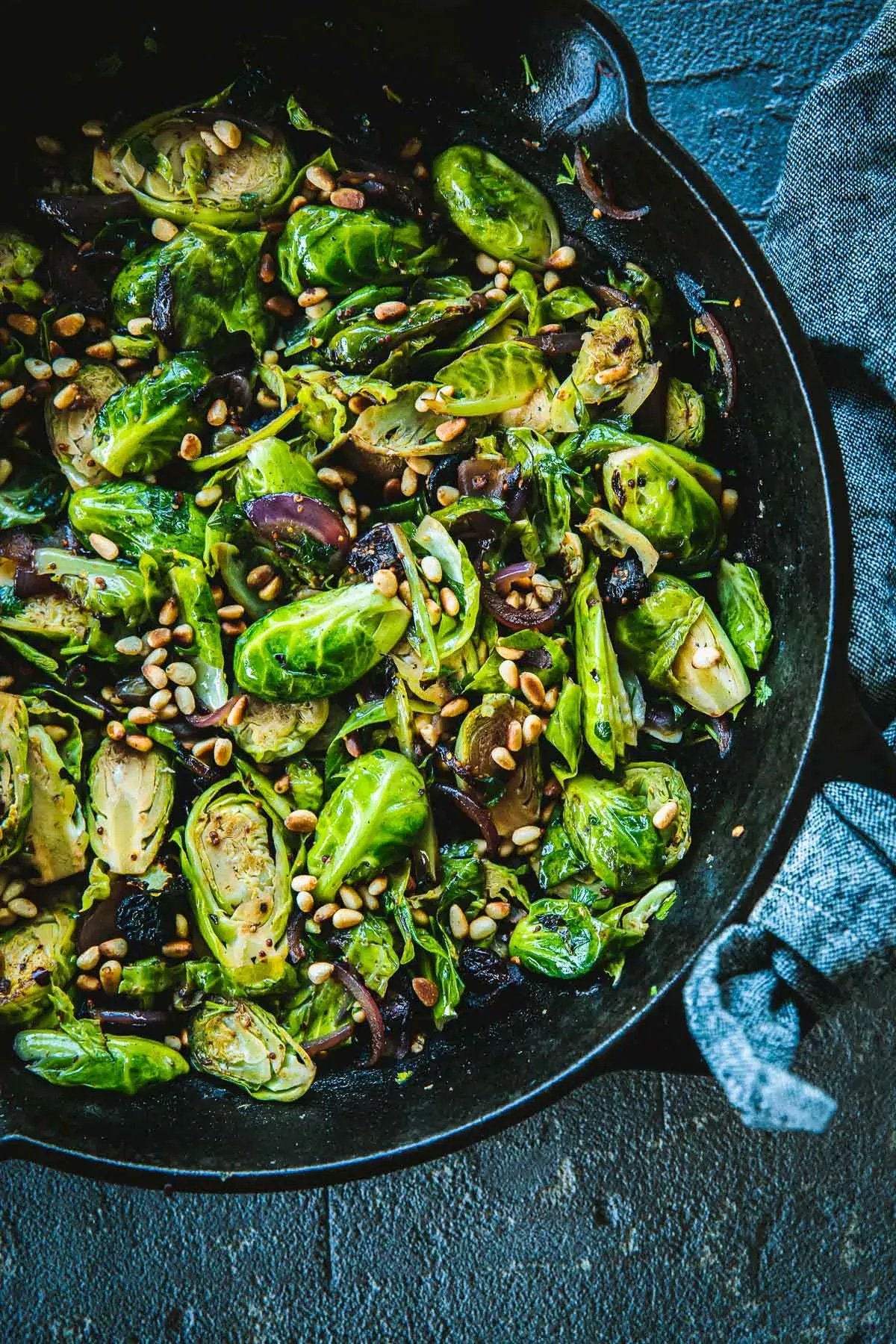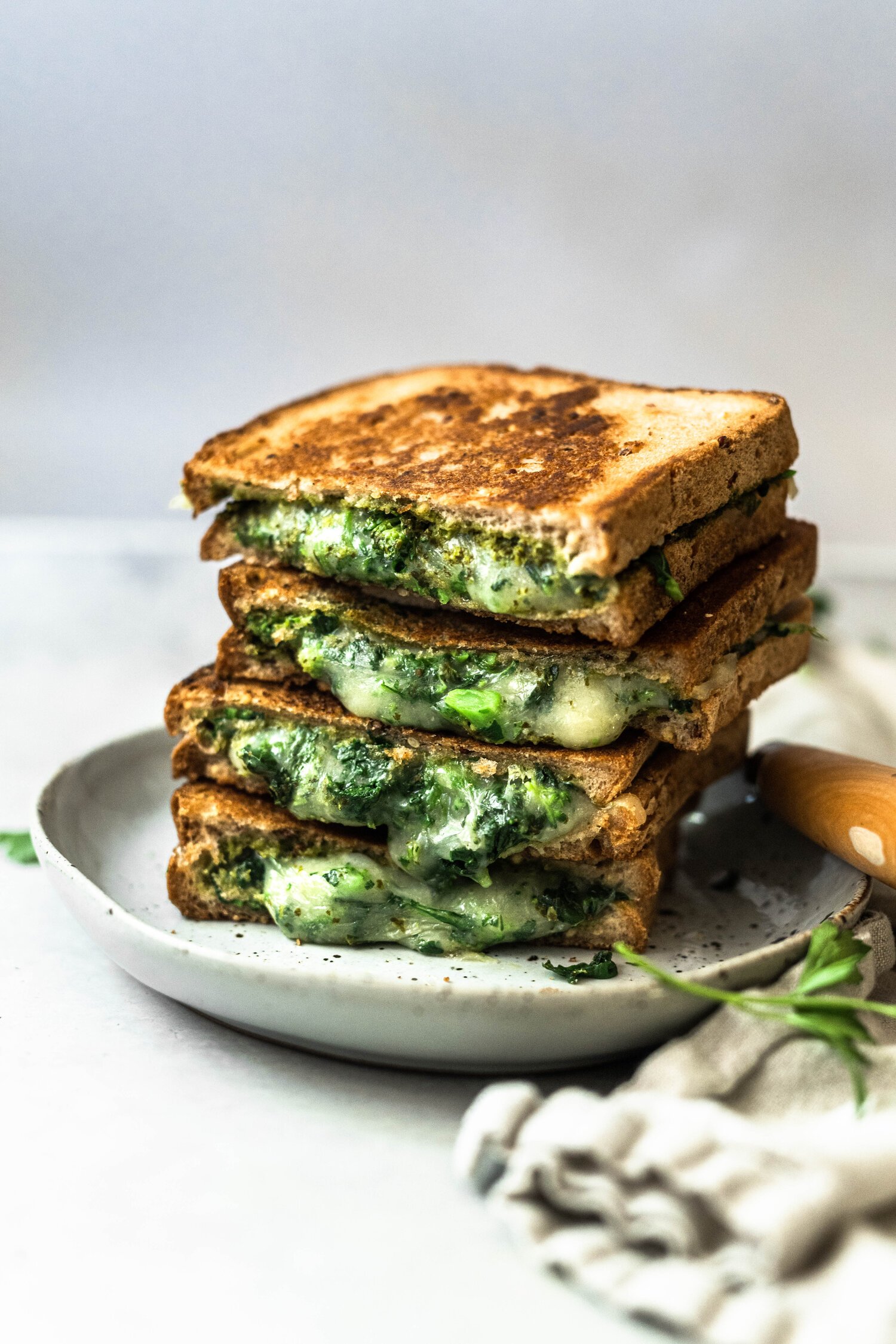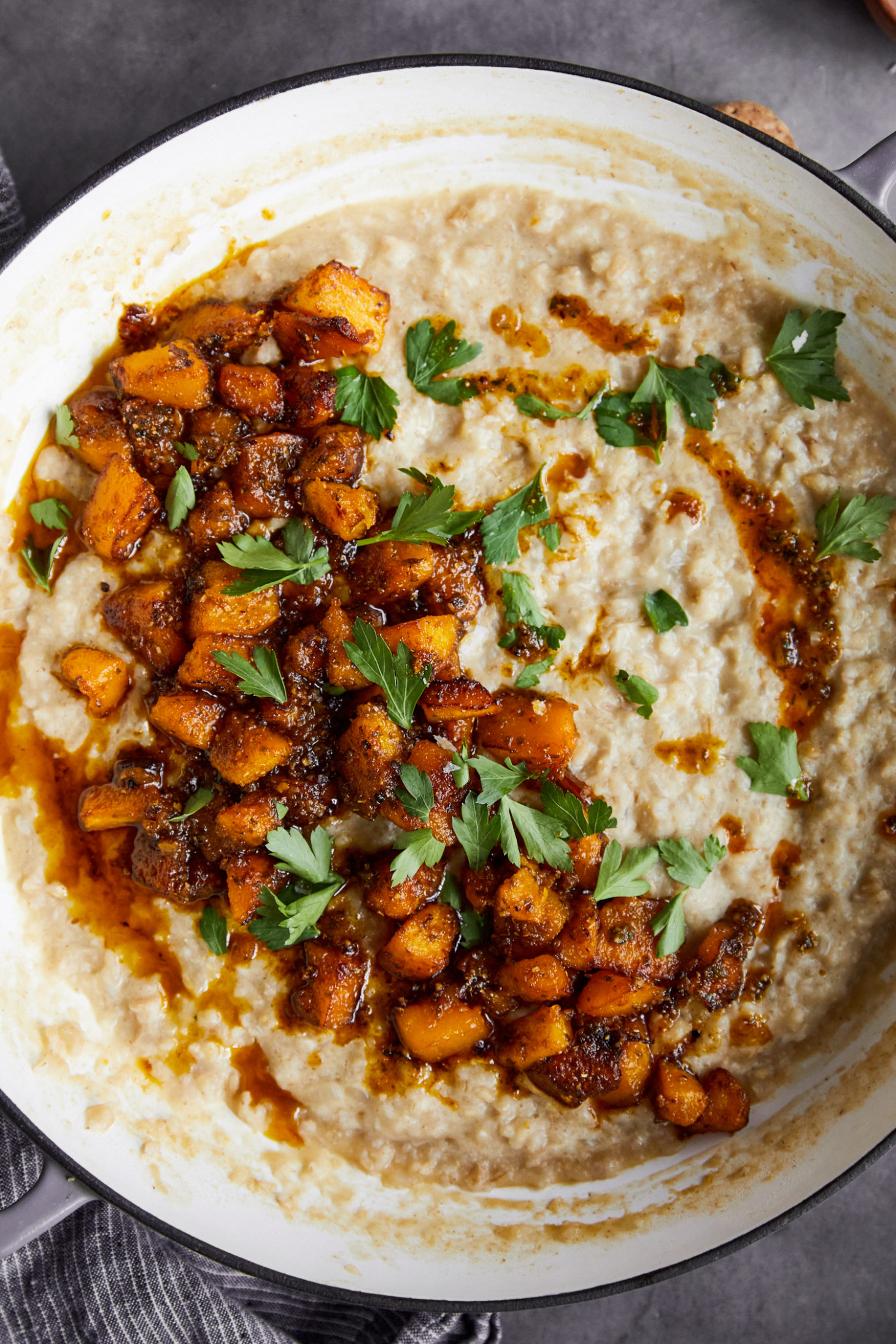
This week, I scrolled past an Instagram post that really touched me.
The post shows before and after kitchen photos. In the first photo, the kitchen is covered in dirty dishes. In the second, the dishes have been cleaned and put away. The caption reads,
This is what depression looks like. First time doing my dishes in over 4 months. First new breaths of many.
It made me want to cry. I think most people who have depression can relate to the insurmountable difficulty of completing normal, everyday tasks, dish-washing included. But the accumulated mess and disarray of a depressive episode doesn't always get much attention.
I shared the post in my stories and was moved to tears once again when a reader messaged me to affirm its truth. She said that the post was totally relatable. She went on to share,
When friends or family wonder what they can do to help, it's jumping in and doing dishes or whatever without judgment. My sister has done that for me. Doesn't ask, just does. I know it's not that easy, because this person may not have had anyone into her place because of things like this. But if you see it, it means so much.
For me, clutter and languishing household chores are one of the most shameful parts of depression.
A few months back, I'd been busy with a lot of cooking and photography. In the middle of that, a short but intense depressive spell hit me, and I didn't get around to putting away my camera setup or washing a bunch of my dishes.
Around that same time, a friend and I were supposed to meet up for lunch. Thanks to a miscommunication, she came over to my apartment to pick me up, rather than meeting me where we said we'd go to eat.
I was on my way out of the episode at that point, which is why I was well enough to keep our plans. But my apartment was still a mess.
When my friend showed up, I was so embarrassed that I couldn't bring myself to let her in; I asked her to wait outside. And I never really found the language to tell her the reason for my flustered, panicky reaction to her unexpected visit.
For many of us, perhaps especially those of us with histories of perfectionism and workaholism, the incapacitation of depression can feel worse than the despair. The fact that my home space was once so consistently—even aggressively—neat and tidy makes my shame about messiness and dirtiness even worse.
I wrote back to the reader who commented about her sister's pitching in with household chores. I admitted that I can't imagine ever asking for that kind of help, not even from someone whom I love and trust.
She said she understood, of course. The shame is terrible, she said. So is the exhaustion.
This is a tough topic to write about, but I wanted to mention the exchange today because it was so beautiful in its vulnerability. There's nothing I'm not willing to share when it comes to my eating disorder history, but a lot of my struggle with depression remains cloaked in shame.
The post that I shared and the DMs I got in response reminded me that there's healing to experience in putting the struggle into words, in having another person witness and validate all of it.
Another reader messaged me about the same IG story. She said,
Thank you for showing your sink full of dishes. It's nice to know I'm not the only one. Some days it takes forever just to get dressed.
I let her know that it wasn't my sink but that it could easily be, when I'm depressed. I told her I understood completely and thanked her for sharing.
These moments remind me of why I started blogging in the first place. To quote the great bell hooks, who passed away this past week,
Rarely, if ever, are any of us healed in isolation. Healing is an act of communion.
Amen.
Happy Sunday, everyone. Here are some recipes and reads.
Recipes

A beautiful citrus, avocado, and date salad—so perfect for winter.

Love the looks of these Sicilian-inspired Brussels sprouts with pine nuts, raisins, and red chili flakes.

Can't wait to make this broccoli rabe grilled cheese.

Wholesome, cozy barley risotto with squash and chermoula.

What pretty sugar cookies. And they're gluten-free, with a vegan option.
Reads
1. David Ramsey's tribute to Fontella Bass and her famous song, "Rescue Me," gives the reader a wonderful glimpse into Bass' life and legacy. But it's also a meditation on the power of celebrated songs and the experience of hearing them, whether for the first time or the five hundredth, together:
Some time soon you will hear it, you will hear her voice. It's inevitable. You have heard it a thousand times, but then, you could say the same thing about thunder. I hope it's at a party. I hope you see someone there who hasn't been to a party in a very long time. I hope you start dancing. That, in any event, is my plan: I'll be somewhere, dancing, too.
2. Elizabeth Kolbert, who has written extensively on climate change, reports on the scientists who are tinkering with photosynthesis in the hopes of preventing a global food crisis.
3. A powerful New York Times op-ed from Ezra Klein on our treatment of farm animals, which he calls the "defining moral failing of our age." Klein spotlights organizations that are working to help.
4. I loved Ted Scheinman's essay on reading Petronius' Satyricon and Fitzgerald's The Great Gatsby during the pandemic. It's a sweet, hopeful reflection on the consolations of great literature during tragic and tumultuous times. Scheinman's closing graf feels so timely:
Today, with things falling apart, many of us feel adrift or cursed, and in Petronius we find the unlikely — and thus all the more delightful — possibility that such periods of doom and chaos can inspire their own sort of cockeyed optimism; that however hemmed-in or pursued or damned we might feel, art (along with, yes, sex and laughter) can prove stronger than terror. This has been Petronius's gift to me in the past few months, one I wish to share. By surveying how he helped guide these two writers so preoccupied with decline, I wish to throw light on another possible path, one of improbable yet sturdy hope.
5. I've read a number of tributes to bell hooks this week that stayed with me. This one, by Barbara Ransby, was one of my favorites. She writes,
hooks was able to touch so many people, at so many levels, across so many boundaries of difference, because she was a brazen truth-teller and willing to be vulnerable and transparent about her own life, pain and contradictions.
There's the power of vulnerability and transparency, again.
Again and always.
Till soon,
xo
The post Weekend Reading appeared first on The Full Helping.
Unsubscribe | Update your profile | Planetarium Station, PO Box 310, New York, NY 10024
No comments:
Post a Comment